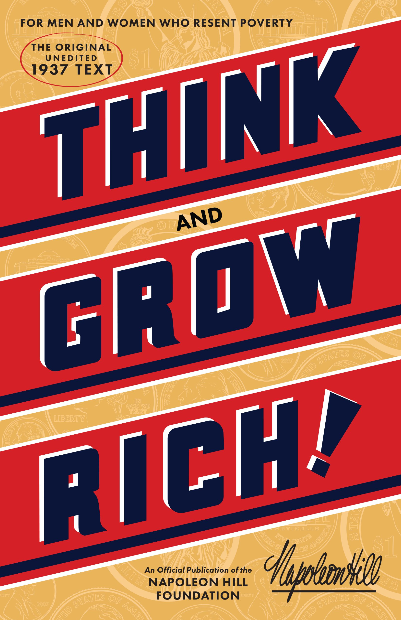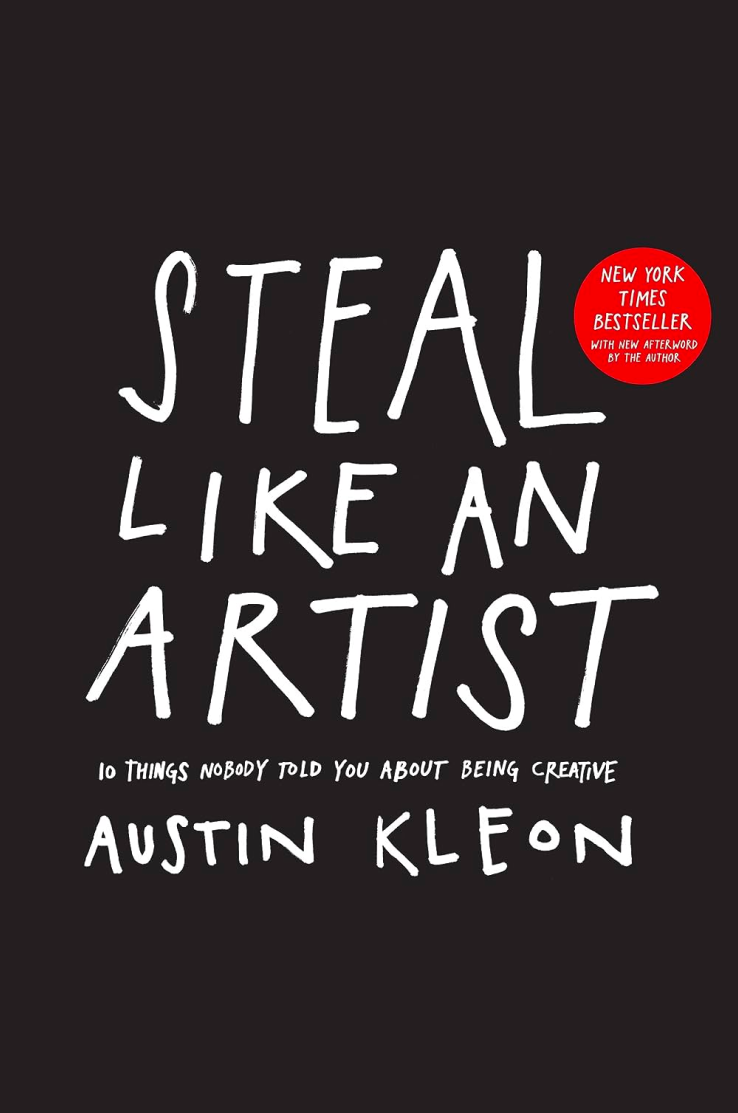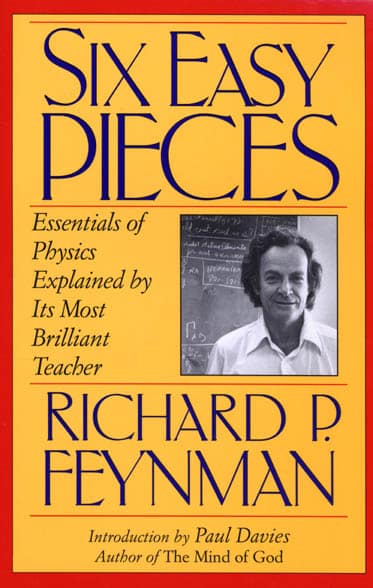A concise history book full of unique observations and wisdom. After writing their 11 volume series The Story of Civilization documenting the entire history of the West, Will & Ariel Durant organized their meta-observations and reflections into this short 100 page book.
It highlights what history teaches us about biology, morals, character, religion, economics, government, war, and more. By turning to the past, it also reveals many of the unintuitive empirical truths about human nature & civilization.
Beyond their insights on history, they also offer a beautiful perspective on what it means to be a historian, what history has to offer us, and what progress means for humanity.











